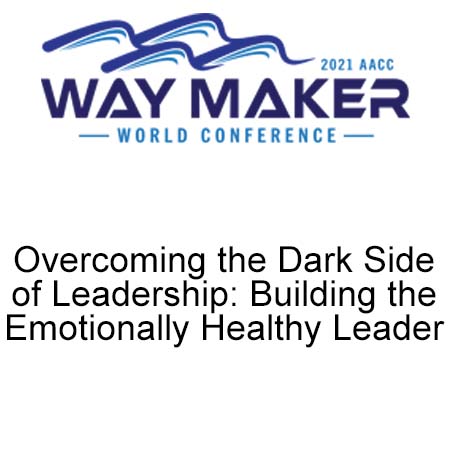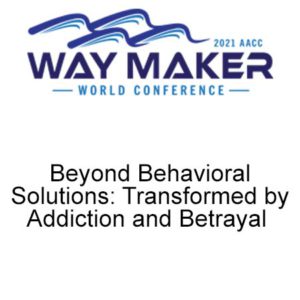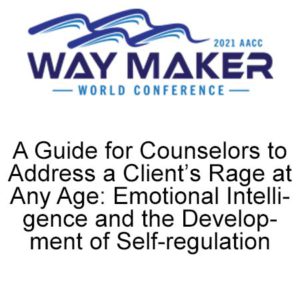Description
623: Overcoming the Dark Side of Leadership: Building the Emotionally Healthy Leader
Stacia Wilkins, Psy.D.
Darar Enterprises, LLC/SKW Counseling & Consulting/Heart 4 Christ Ministries
1005 Westlakes Dr., Ste. 300
Berwyn, PA 19312
Summary
Collectively, the body of research on the psychological health of leaders is minimal at best. The central component to the sustainability of mentally healthy leadership is self-care. When appropriate systems are not in place to promote development and sustainability, burnout ensues that adversely impacts an organization and becomes a personal detriment to the leader. It impedes cognitive and behavioral flexibility, increases frustration and resentment, adversely impacts spirituality, and influences the development of personalized negative emotions (Lanaj, Johnson & Wang, 2016). The goal of this workshop is to heighten individual self-awareness within those in leadership positions to acknowledge and understand their dark side, which is a natural part of our human development that focuses on the inner urges and dysfunctions of our personality that go unchecked or remain unknown until we have an emotional explosion (McIntosh & Rima, 2007). Examples of the dark side include personal insecurities, need for approval, and feelings of inadequacy. The dark side prevents us from being emotionally intelligent, increases maladaptive behaviors, impedes healthy thinking (cognitive processes), adversely impacts our spirituality (Chandler, 2009), and influences poor decision making (Wasylkiw et al., 2015). The participants will discuss the developmental processes of the dark side, describe how it impacts them psychologically and spiritually, and compile a list of ways to become emotionally healthy through the five components of emotional intelligence and via the climb the ladder activity.
Learning Objectives
Participants will:
• Discuss the developmental process(es) of the dark side
• Describe how leaders own dark side impacts them psychologically and spiritually
• List ways that psychologists and licensed mental health professionals can help leaders become emotionally healthy through the five components of emotional intelligence and via the climb the ladder activity





